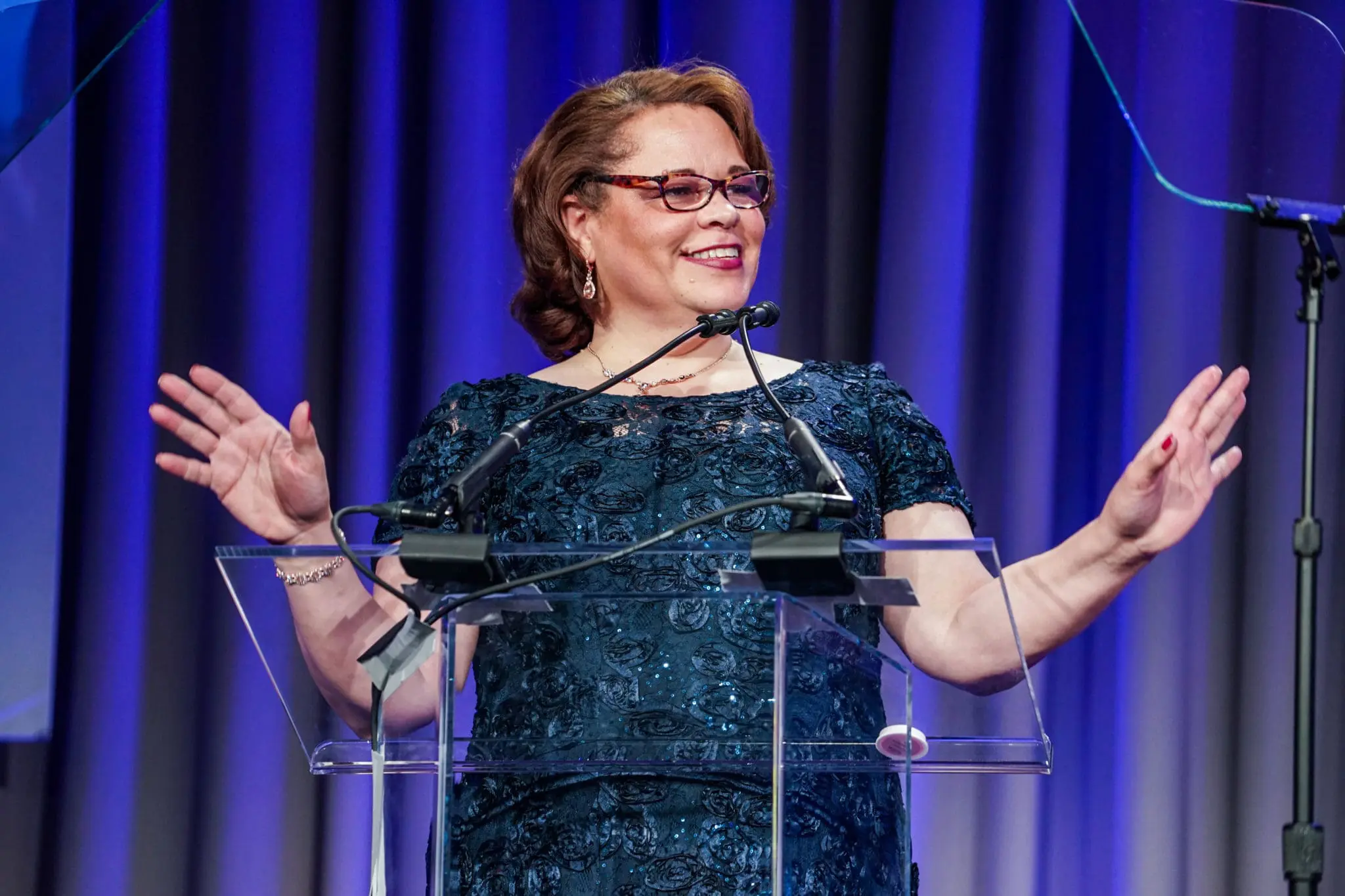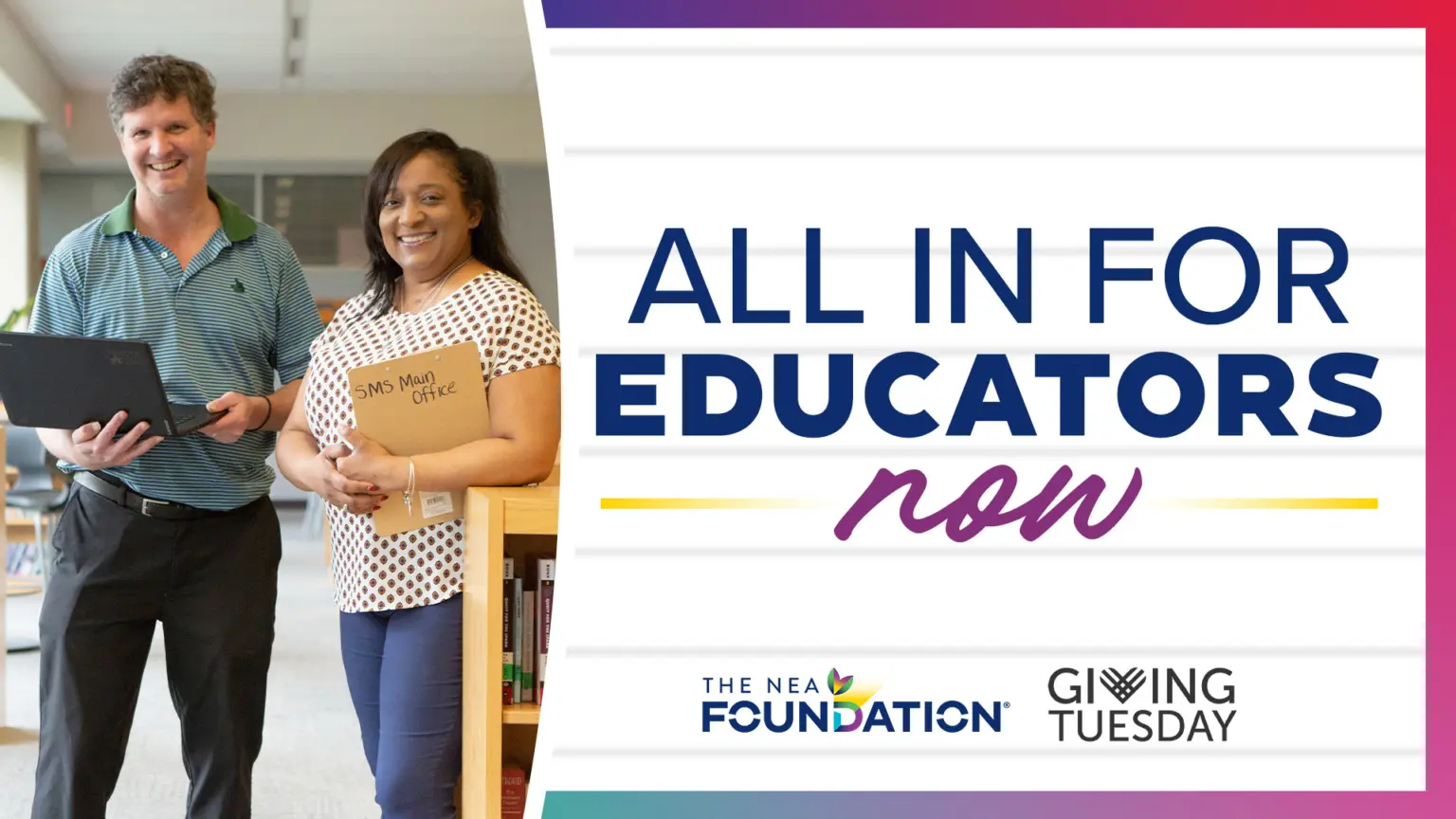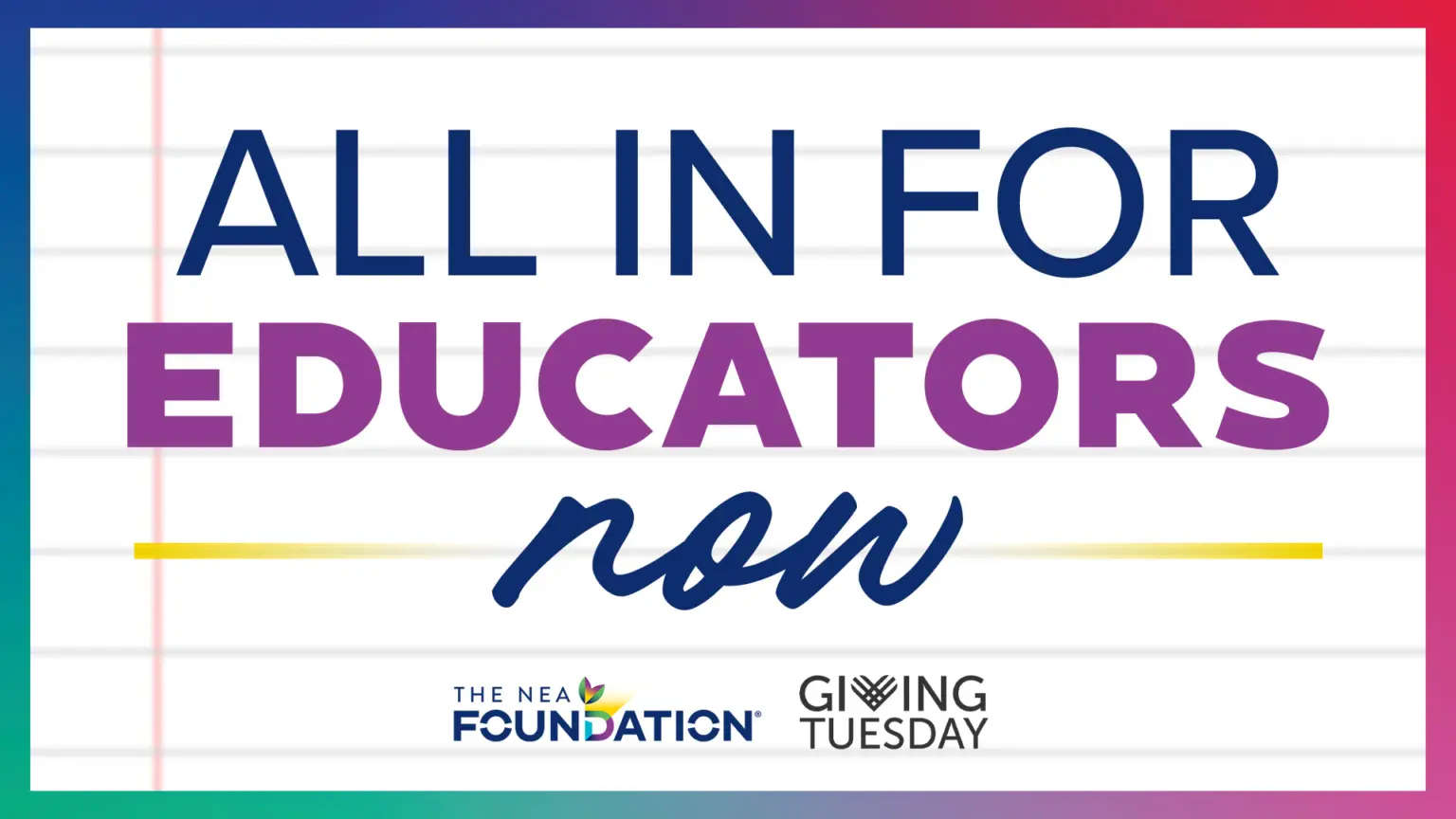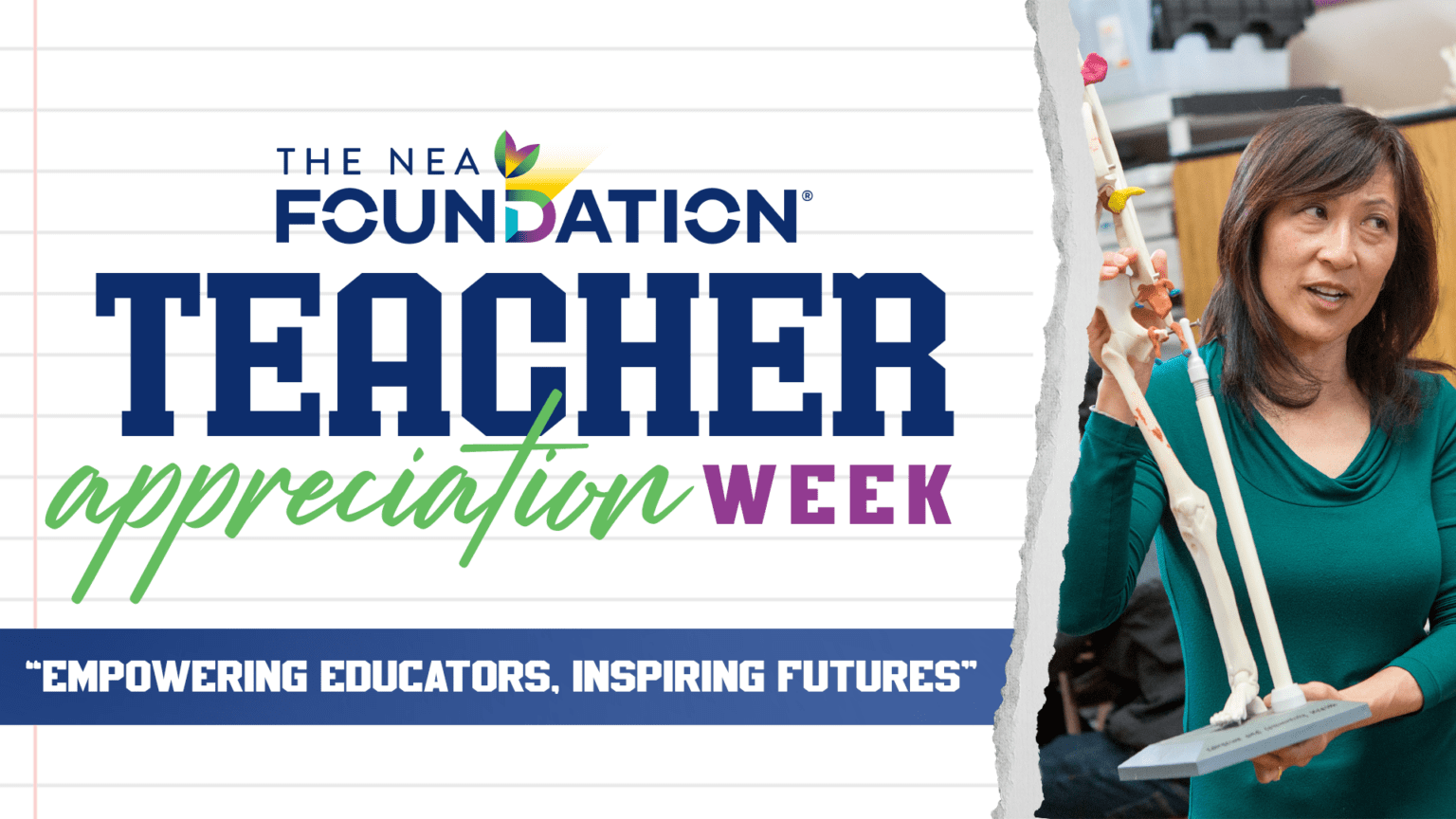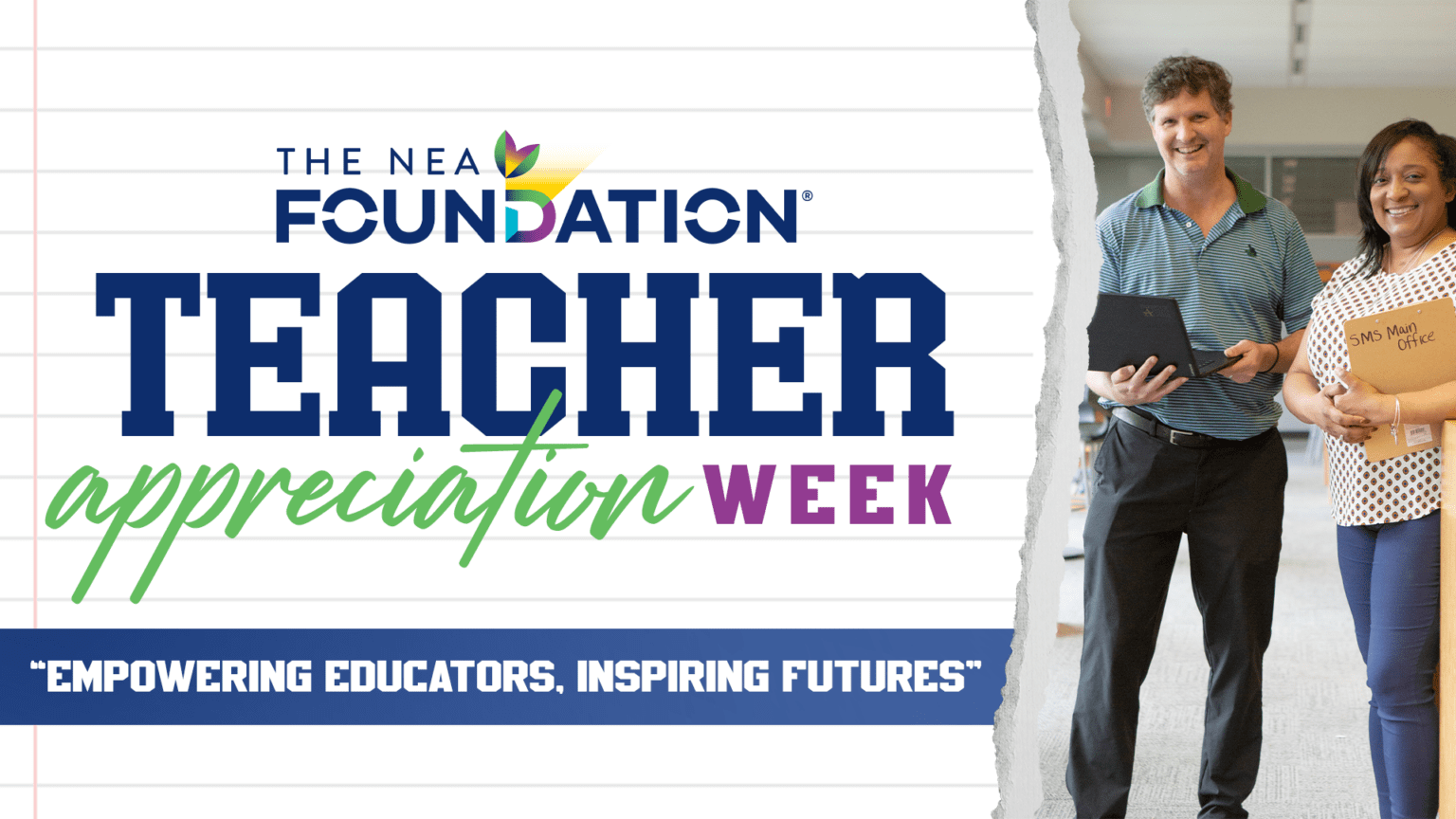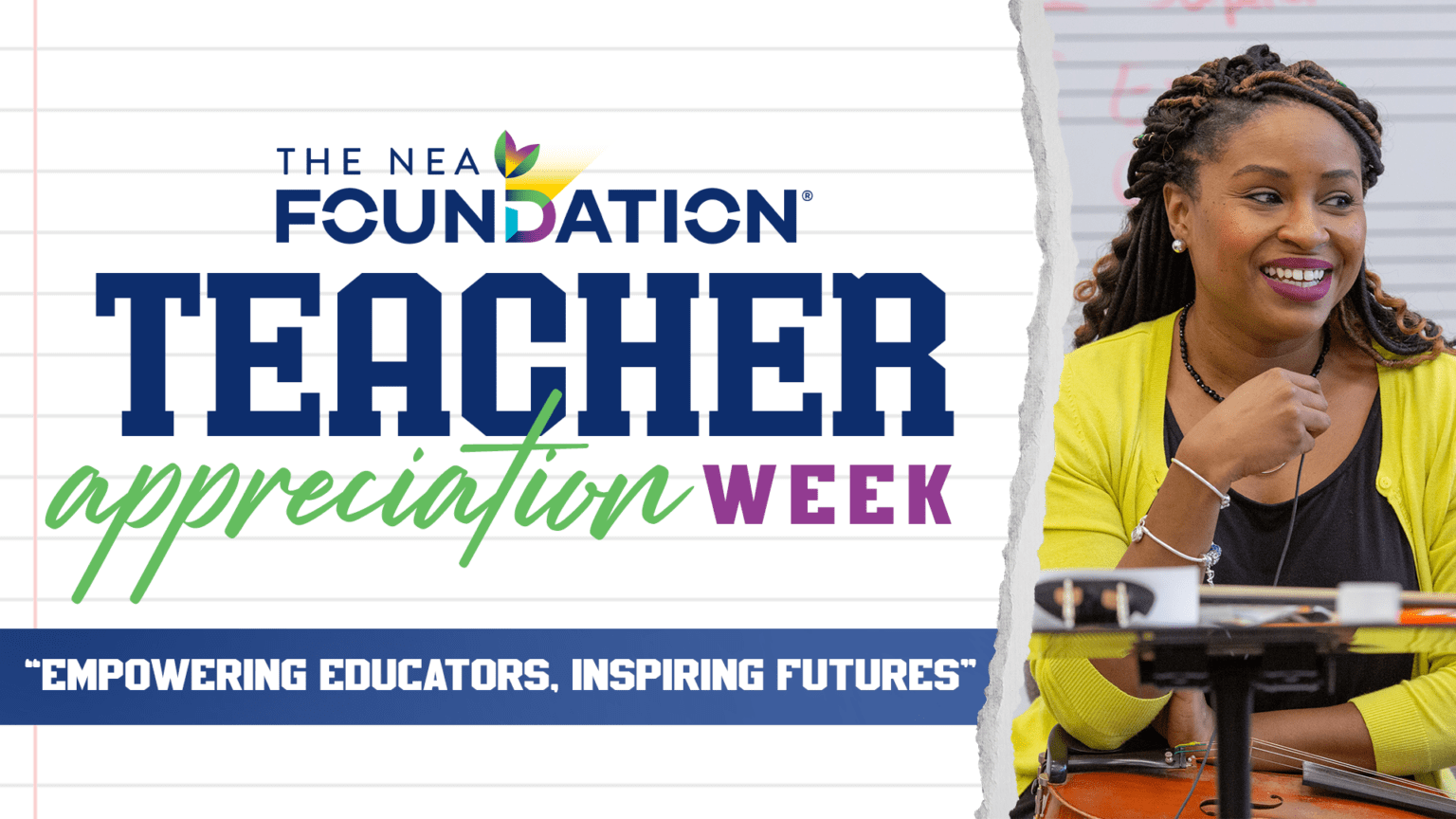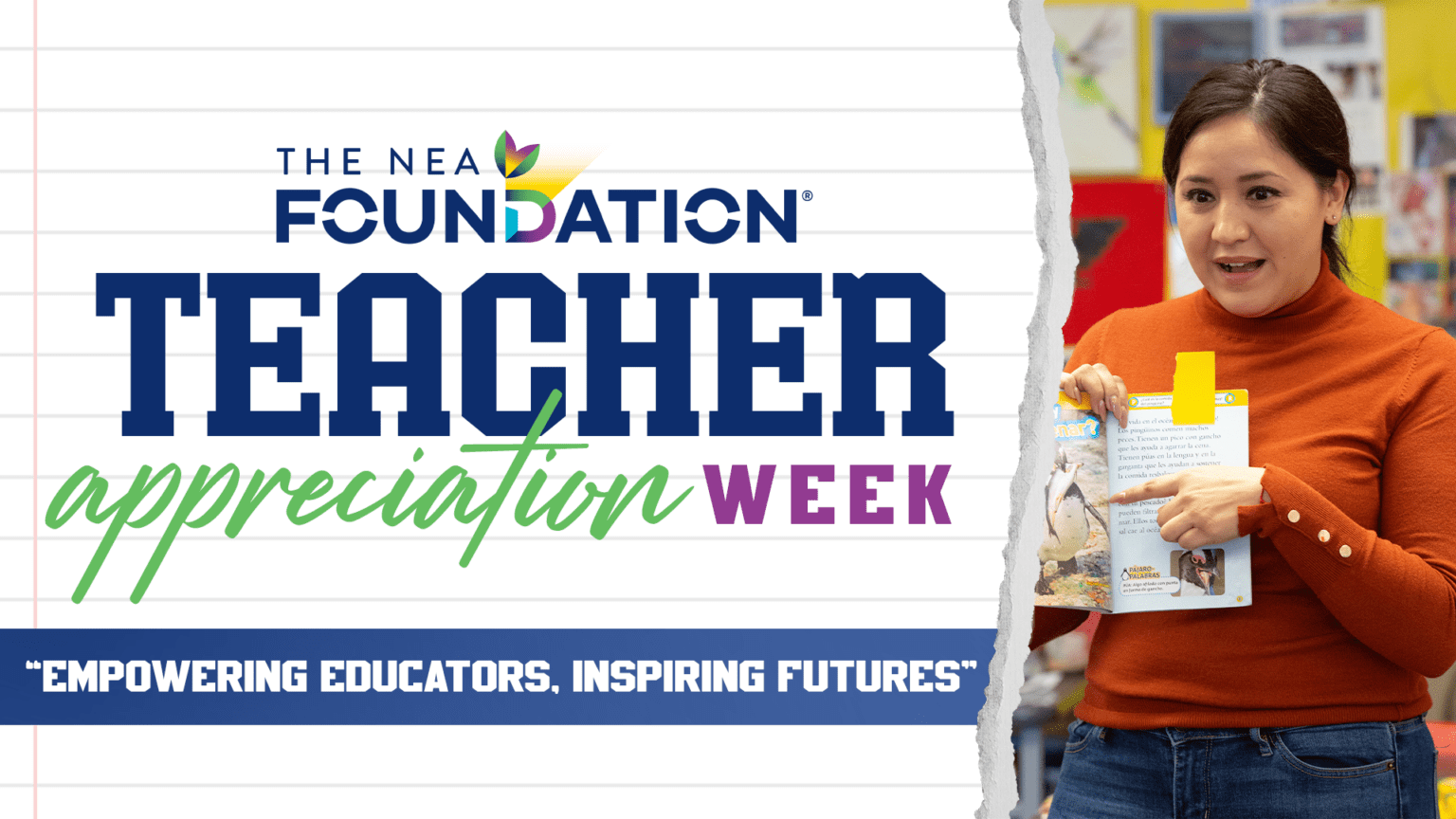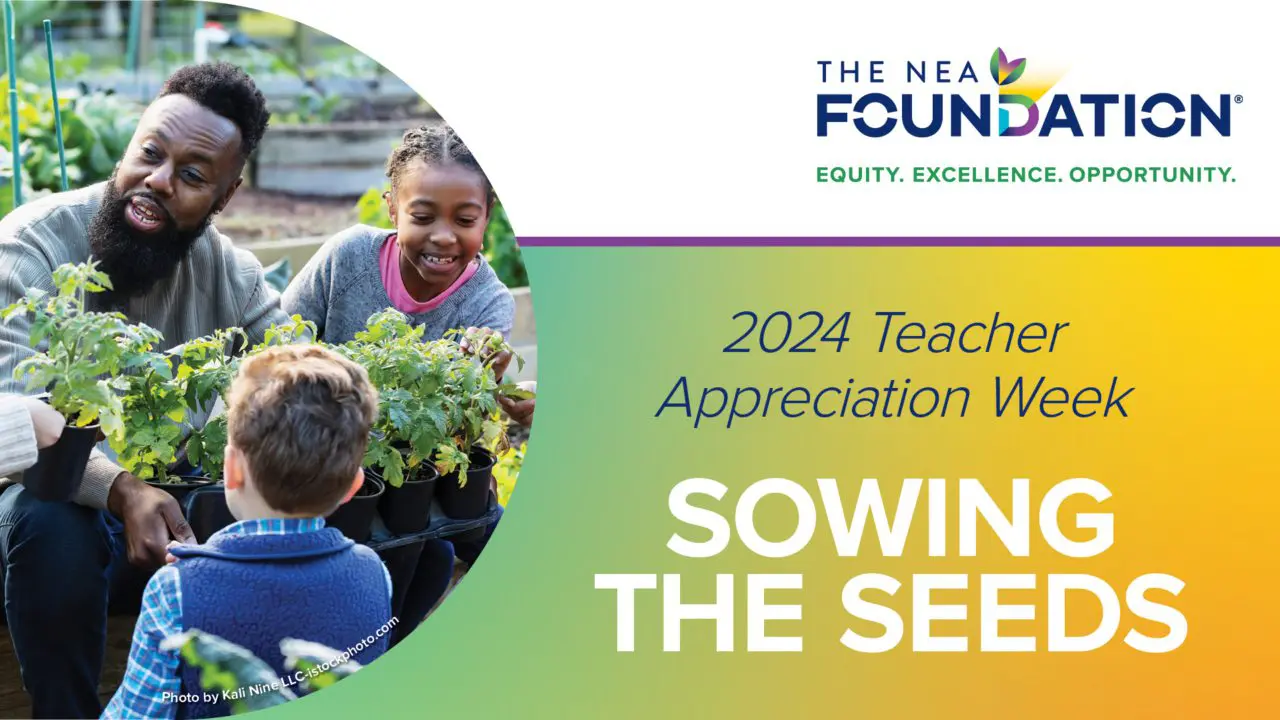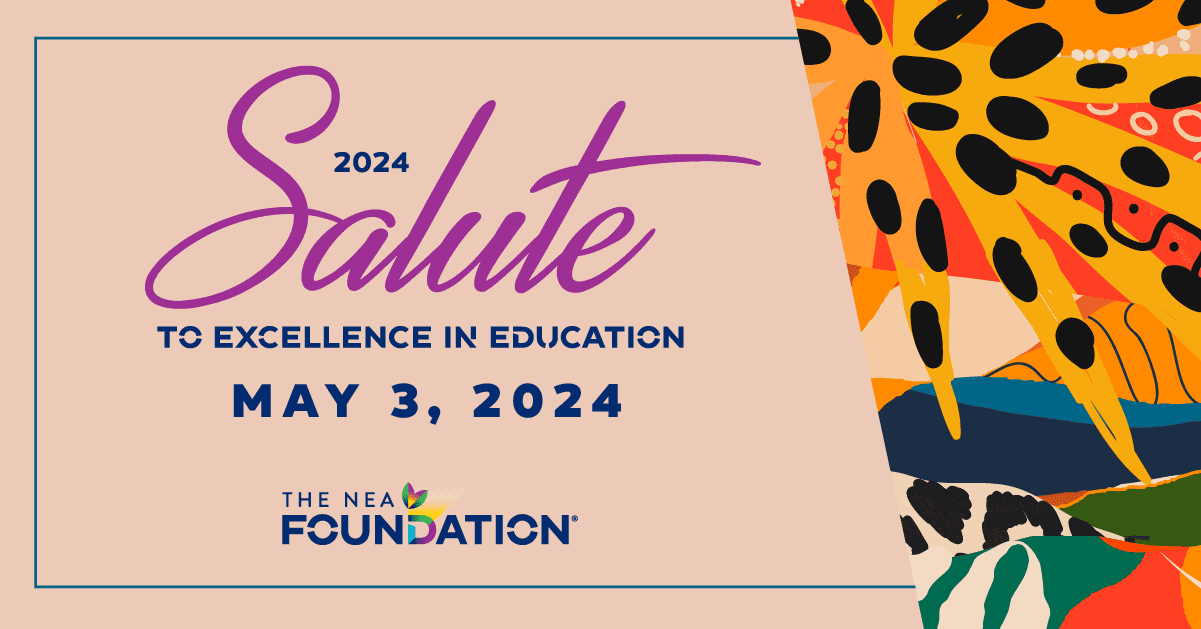“Inarguably, the coronavirus pandemic has cast a spotlight on the pervasive inequity that characterizes public education in America. It also has illumined the vital roles that educators play.
Every day, alongside families, educators are at the forefront, advancing children’s growth, development, and love of learning. Too often, however, especially among low-income communities and those marginalized by race, geography, language, special needs, or immigrant status, educators approach each day without essential resources and support.
Viral videos currently circulating on social media have demonstrated the deep commitment that educators bring to students, whether in virtual settings or traditional classrooms. Their creativity has served as an inspiration to many. Post Covid-19 however, what will we have learned about educators’ roles and our expectations, public education, and the importance of family, school, and community partnership?
It’s time to conclusively identify the educational policies and practices that either create or eradicate the educational opportunity gaps affecting both educators and students. What will provide historically-underserved students with improved educational experiences? What change is needed to meet their varied social, emotional, and academic needs? What investments in technology must be recognized as part of a quality educational infrastructure? Will we increase the professional development opportunities that assure us of every educator’s readiness to meet pressing challenges?
During Teacher Appreciation Week, let’s lift up the many incredible stories that highlight teachers’ heroism during this pandemic (and beyond), but let’s not leave that appreciation behind when Teacher Appreciation Week ends. Let’s commit to answering difficult, sometimes controversial, but necessary questions about how we advance equity and support educators each and every day. Let’s make Teacher Appreciation Week a part of the nation’s “new normal,” expressed through supportive policy, financial resources, quality technology, and other forms of “appreciation.” Too much is at stake not to give heed to what COVID-19 has taught us, if it was not clear before.
Sara A. Sneed
President and CEO, NEA Foundation

